
The West Firm Blog
How to Navigate the Difficult Terrain for Energy Projects
Explore the regulatory, permitting, and contractual hurdles energy developers face and the strategies for keeping projects on track and compliant.
When Can You Challenge Denied Water Quality Permits?
Discover the process for appealing a denied water quality permit, from understanding the reasons for denial to filing challenges under New York environmental law.
What Should Business Owners Know About the EPA?
Learn the essential EPA rules that apply to businesses, including permitting, pollution prevention, and environmental reporting requirements.
New Project Will Use Hydropower to Provide Source of Energy
Explore the details of a new hydropower initiative, including its role in renewable energy production, environmental considerations, and permitting requirements.
What Are Zoning and Environmental Goals?
Understand how zoning policies and environmental objectives work together to shape sustainable development while protecting public health and ecosystems.
Am I Able to Sell Solar Energy Back to the Utility?
If your solar panels generate more electricity than you use, New York allows you to export that surplus to the utility and earn credits or reimbursement—typically through net metering programs or specific utility arrangements. Aligned with state policies and local utility rules, this process enables businesses and homeowners to reduce energy costs and support clean power.
Guide to Due Diligence in Energy Projects
Discover the key steps in conducting due diligence for energy projects, from environmental impact reviews to regulatory compliance checks, to safeguard your investment.
What Is New York’s Environmental Quality Review Act?
Learn the purpose and process of the State Environmental Quality Review Act, including project triggers, environmental assessments, and public participation requirements.
What Is a “No Further Action” Letter?
A “No Further Action” (NFA) letter is a formal declaration from a government agency confirming that you’ve met all cleanup or remediation requirements for an environmental issue—such as a spill or contamination—in New York. It formally closes your file and can be essential when seeking financing, selling property, or protecting against environmental liability.
How Do Administrative Hearings Work in New York?
Learn the process of administrative hearings in New York, including filing requirements, evidence rules, hearing procedures, and how legal counsel can help protect your rights.
Do You Need a State Pollutant Discharge Elimination System Permit?
Understand the purpose of New York’s SPDES program, when a permit is required, and the steps to apply while ensuring compliance with state water quality regulations.
Do You Need Bulk Storage for Chemicals or Petroleum?
Learn the legal requirements for storing chemicals or petroleum in bulk, including permits, facility standards, and spill prevention protocols.
Can Homeowners Sue Your Company Over Property Values?
If your company’s operations negatively impact local air or water quality, neighboring homeowners may allege a drop in property values—and in certain cases, seek compensation. While compliant businesses generally face fewer claims, documented environmental violations, such as citations or fines, can strengthen homeowners’ claims.
What to Consider When Dealing With Business Litigation
Learn the essential steps in preparing for business litigation, including gathering evidence, assessing legal risks, and choosing the right dispute resolution approach.
What Are the Core Steps in Environmental Due Diligence (EDD)?
Learn the standard phases of environmental due diligence, from initial site assessments to detailed investigations, to identify and mitigate environmental risks.
What Does New York’s Green Amendment Mean for Business?
Learn how the Green Amendment establishes a constitutional right to clean air and water, and how it may influence environmental regulations and business operations.


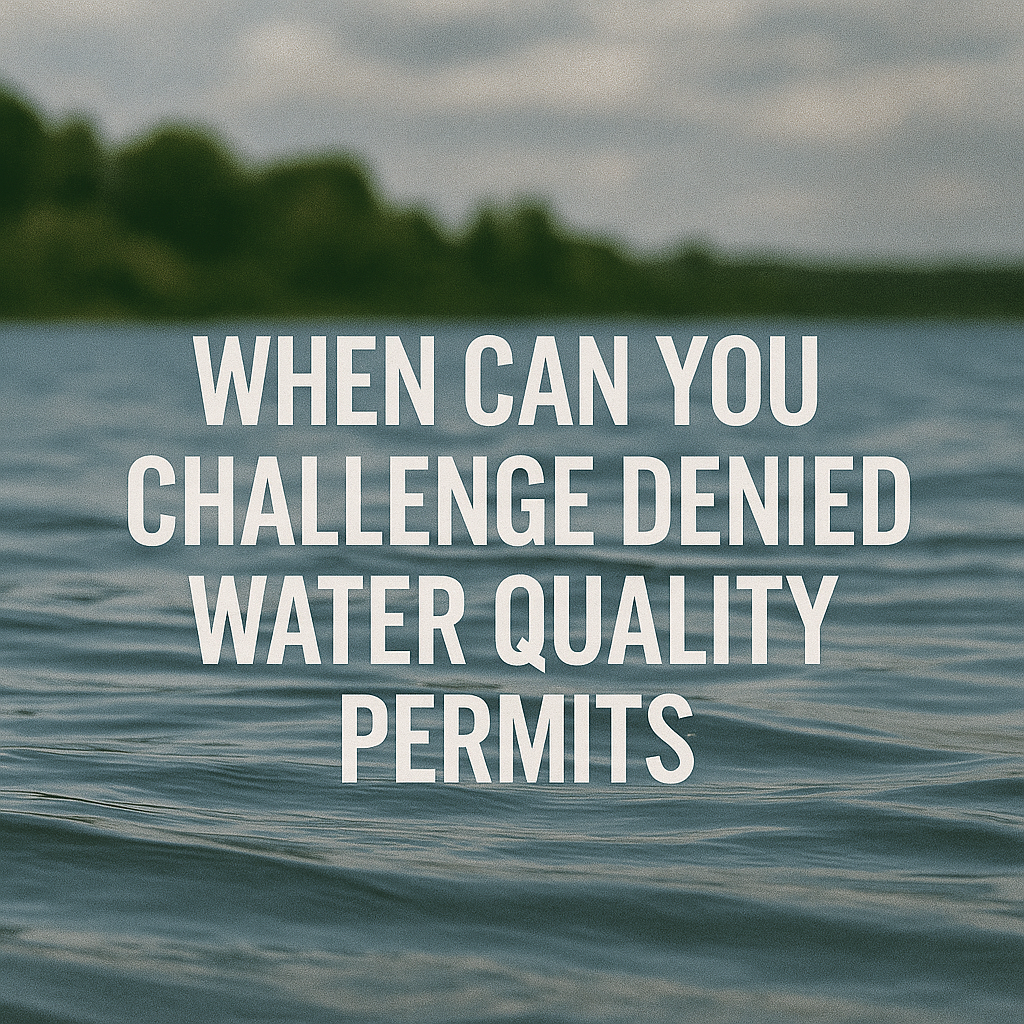

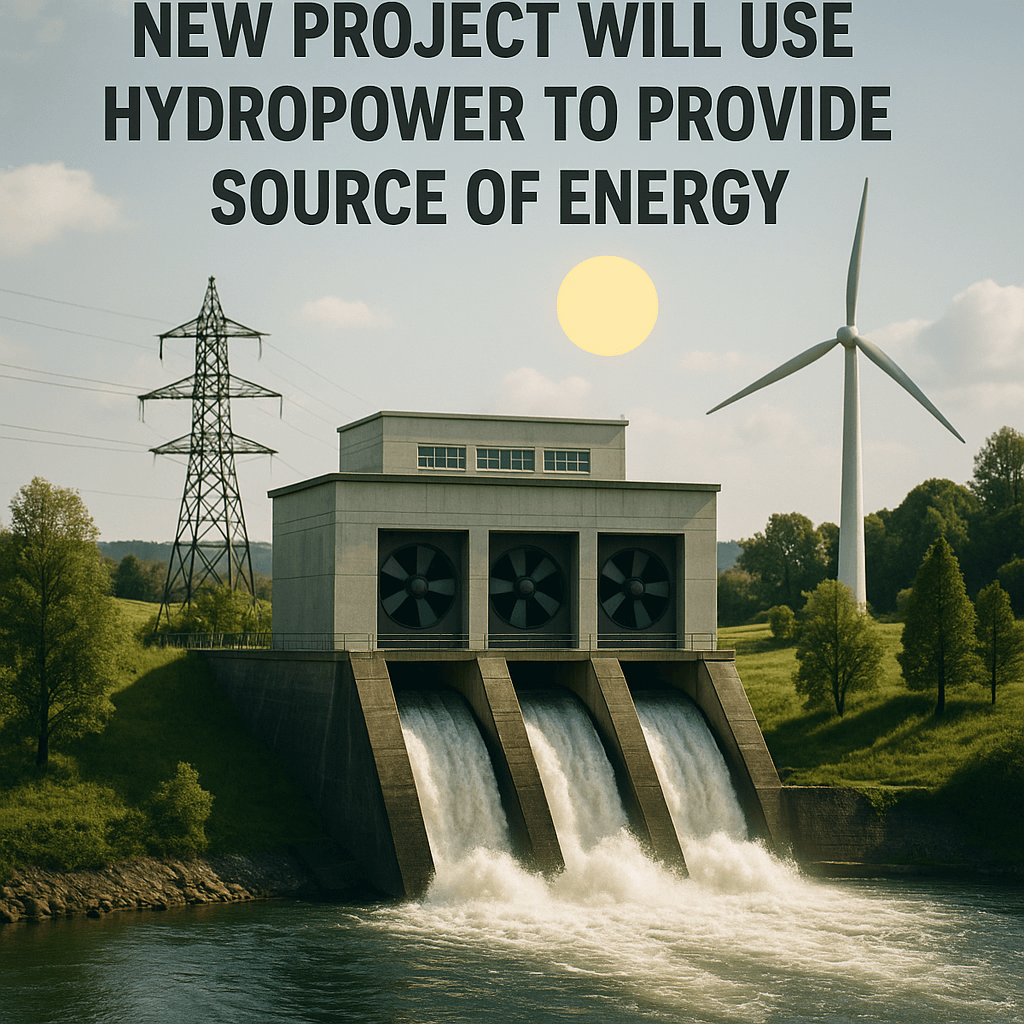
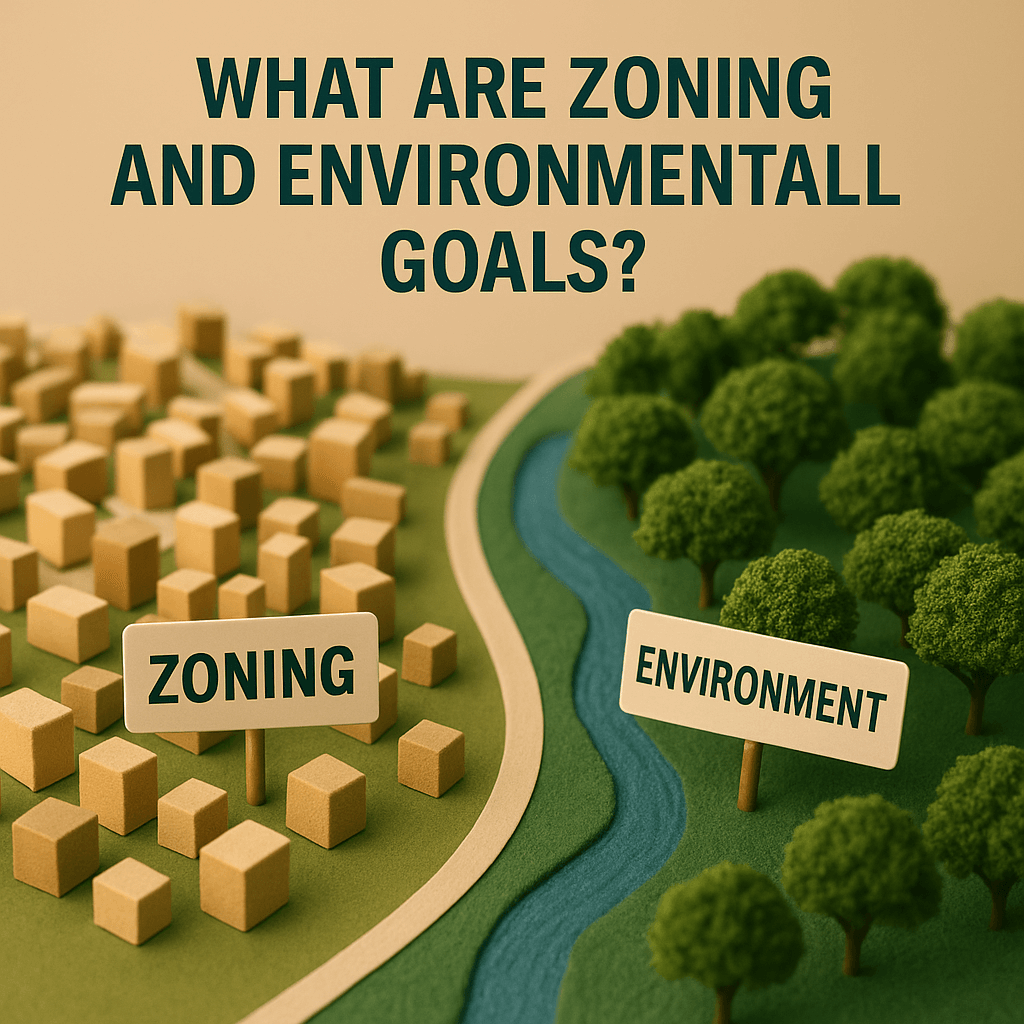


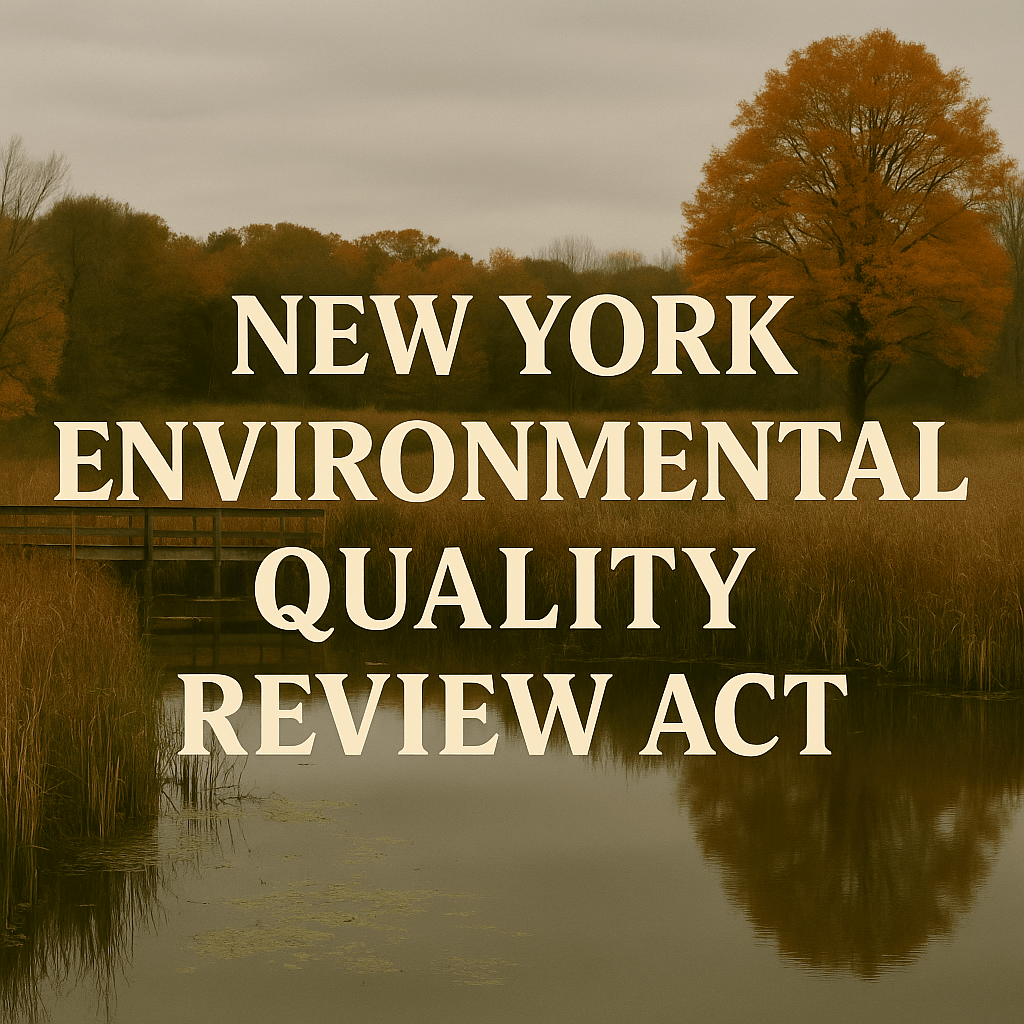





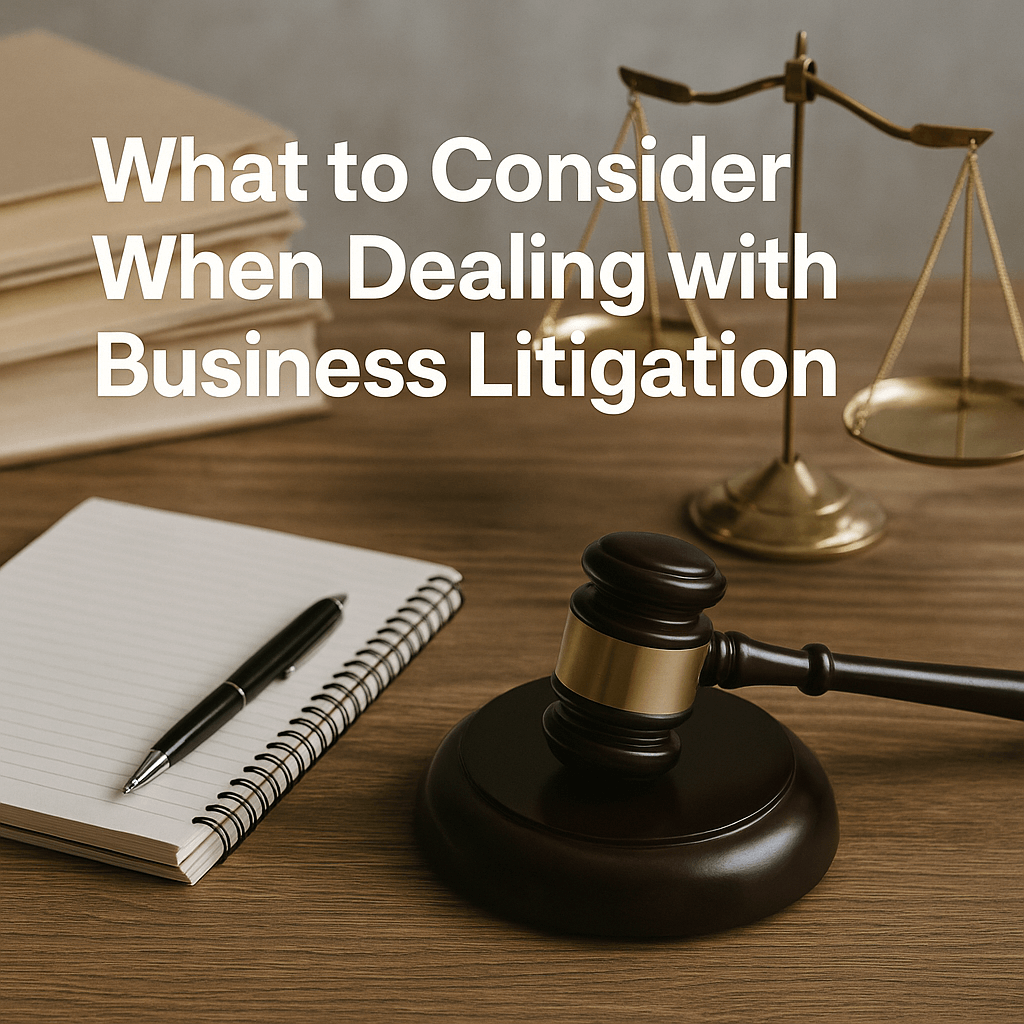
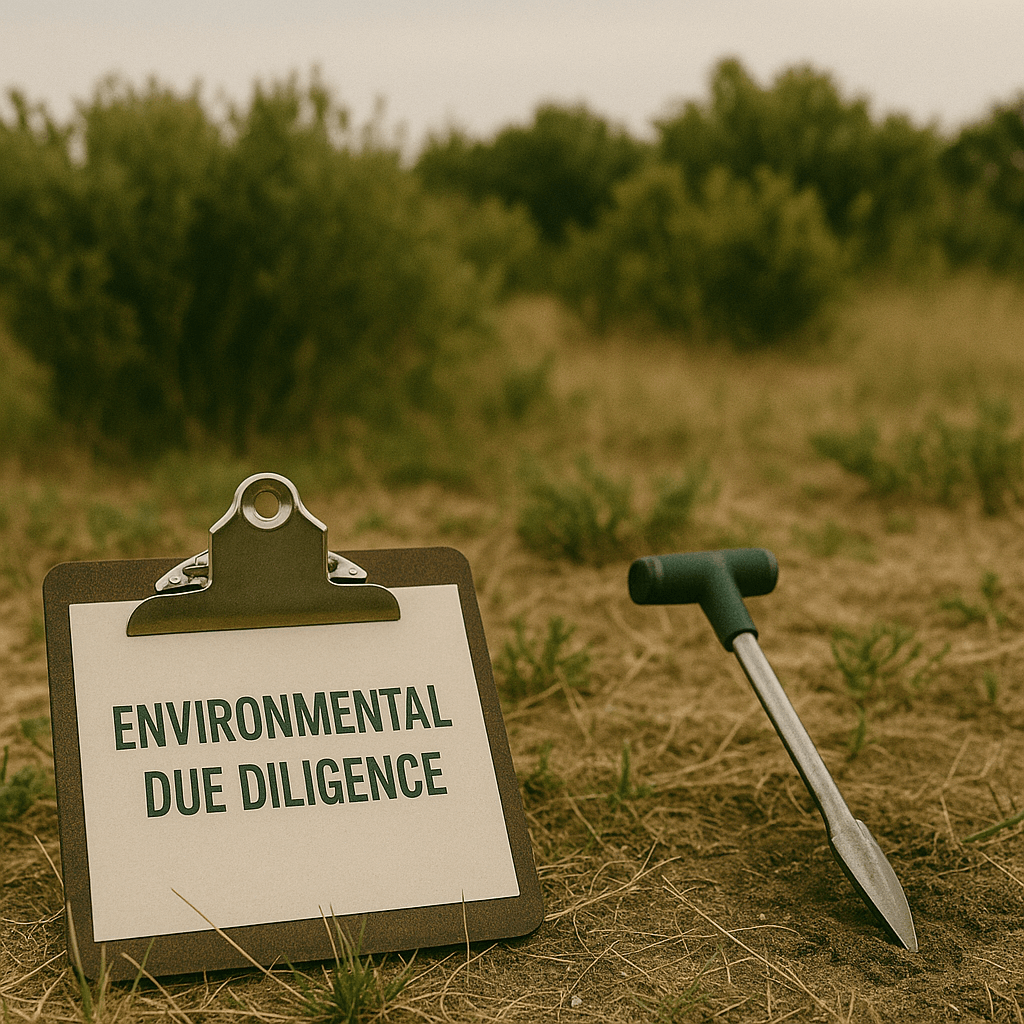

.png?content-type=image%2Fpng)